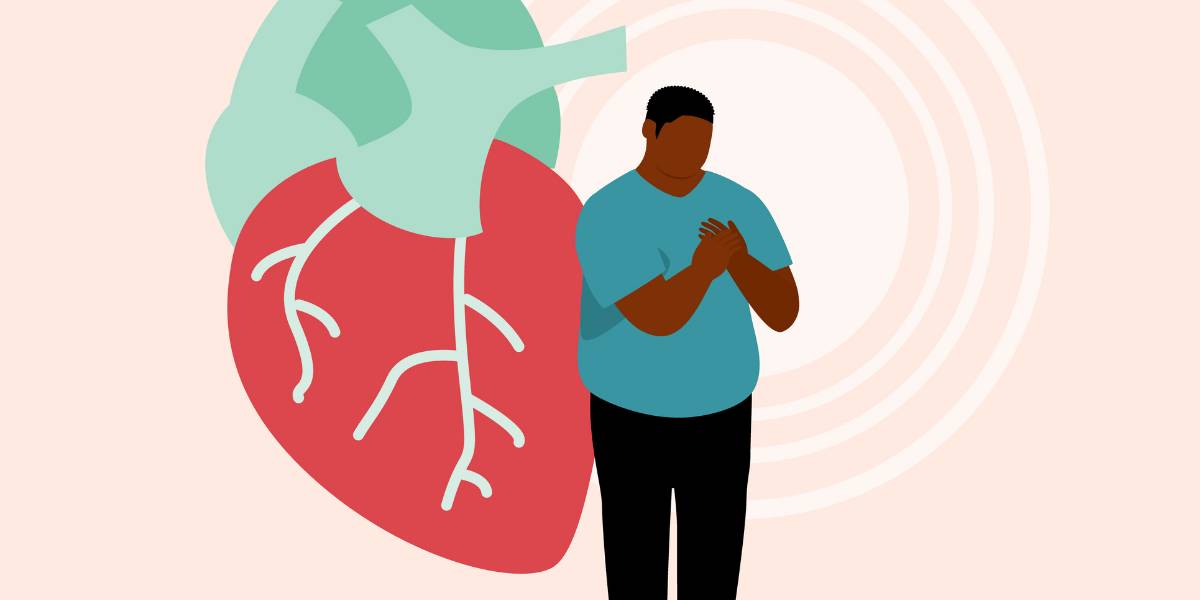Men and women display different symptoms before having a cardiac arrest, latest evidence reveals.
Women who are about to have a cardiac arrest are most likely to experience shortness of breath, while men tend to feel chest pain, the study has reported.
Researchers have found that both men and women experience palpitations, flu-like symptoms and seizure-like activity prior to having a cardiac arrest.
Every year, approximately 450,000 people in the US die from a cardiac arrest – when your heart suddenly stops pumping blood around your body.
- Cardiac rehabilitation can help stroke survivors reduce risk of death within a year by 76%, study shows
- Symptoms of cardiovascular diseases differ over time and by sex
Roughly 90% of individuals who have a cardiac arrest whilst at home do die. By identifying these symptoms amongst the sexes, the researchers are hoping people can detect signs of a cardiac arrest more quickly.
Dr Sumeet Chugh said: “Harnessing warning symptoms to perform effective triage for those who need to make a 911 call could lead to early intervention and prevention of imminent death. Our findings could lead to a new paradigm for prevention of sudden cardiac death.”
During the investigation, the academics analysed the findings of two ongoing and pre-existing studies developed by Dr Chugh.
The health outcomes of more than 800 adults aged 18 to 85 years old who had suffered a cardiac arrest were assessed during the trial.
According to one of the studies, half of the participants displayed symptoms of a cardiac arrest a day before having one.
The results show that men experienced chest pain and excessive sweating prior to a cardiac arrest.
Meanwhile, women only had breathing difficulties before having a cardiac arrest, the study has revealed.
- Females taken to hospital by a man are less at risk of dying from a heart attack
- Males with higher sex drive live longer than men with lower libido
A cardiac arrest shuts off the oxygen supply to the brain, lungs and other essential organs, putting the individuals at risk of losing consciousness and dying.
Cardiac arrests are commonly mistaken for heart attacks. A heart attack happens when an individual’s blood supply to the heart is blocked because of a clot in one of the coronary arteries.
Heart attacks, heart muscle inflammation and cardiovascular disease can all trigger a cardiac arrest. A cardiac arrest can also be triggered by significant blood loss or drug overdoses, the research has reported.
The study has been published in the journal Lancet Digital Health.





